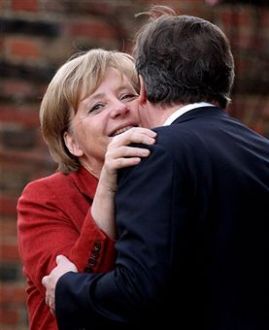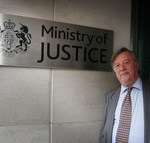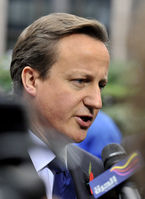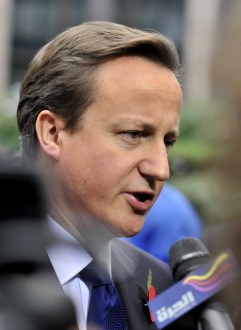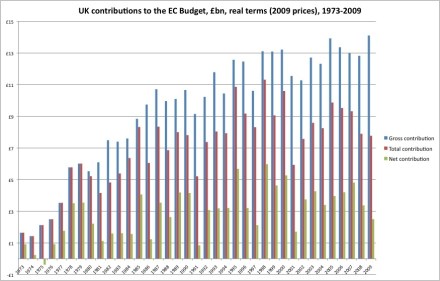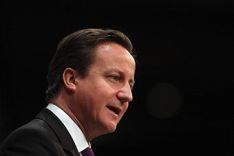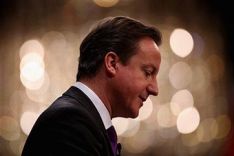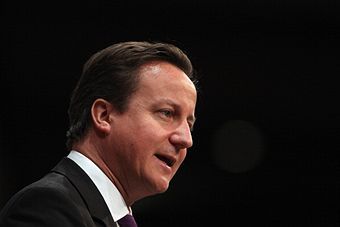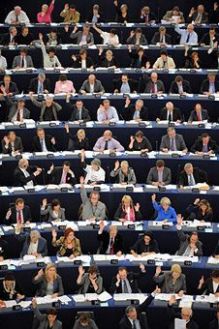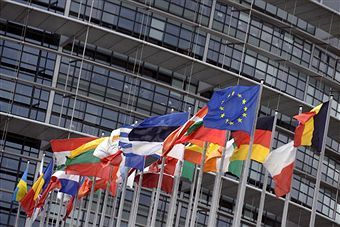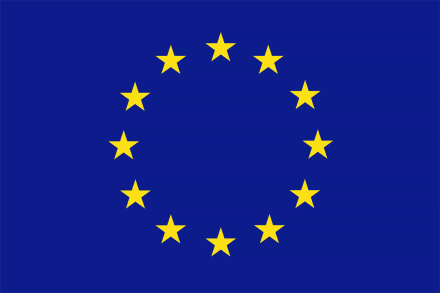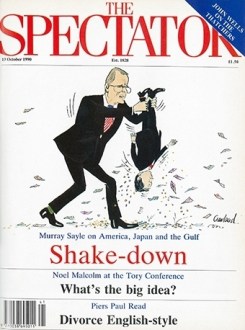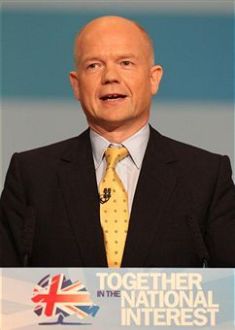A wasted opportunity for EU reform?
David Cameron made his statement on last week’s EU summit yesterday, answering a range of questions on the 2011 EU budget increase and future changes to the EU treaties. The Tory backbenchers appeared to be on their best behaviour, but Cameron did make an interesting admission. Asked by Ed Miliband if he would he be repatriating powers, he pointed to a reassurance that the UK’s opt out from economic sanctions remained intact, which was not really in question in the first place, and spoke of “progress on the EU budget”. It slipped through virtually unnoticed, but this second remark is actually quite worrying. Cameron’s answer suggested that he has agreed
